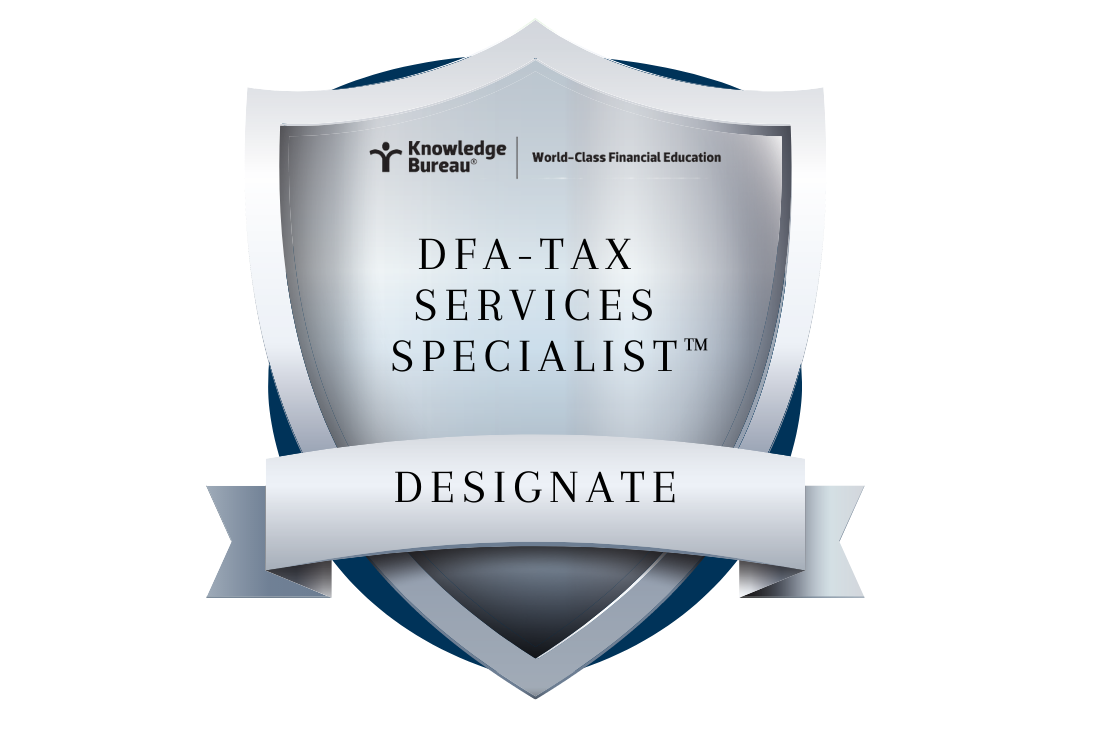Last updated: June 09 2021
Add Big Value: Revisit Eligibility for the Disability Tax

Evelyn Jacks, DFA-Tax Services Specialist, RWM
In case you missed it during a busy tax season, the Disability Tax Credit (DTC) was enhanced in the April 19, 2021 budget and now, after the tax filing deadlines have come and gone, it’s important to revisit with your clients whether someone in the family qualifies for the new and improved DTC in 2021.
The disability tax credit (DTC) is a non-refundable tax credit that recognizes the impact of non-itemizable costs on the taxation of people who are blind or markedly restricted or significantly restricted in their daily living activities, or would be if it were not for life-sustaining therapies. These basic activities are:
- walking,
- feeding,
- dressing,
- speaking,
- hearing,
- eliminating and
- certain mental functions required.
The value of the credit is just under $1300 in 2021. It is claimed on form T2201, filled out by a medical doctor or nurse practitioner. The DTC is required for the purposes of contributing to
- RDSPs (Registered Disability Savings Plans)
- the Canada Child Disability Benefit and the
- Disability Supplement to the Canada Worker’s Benefit, which has also been enhanced this year.
Specifically, this budget included the following changes to the DTC effective for the 2021 tax year and to future years:
Those eligible for the DTC due to the need for extensive life-sustaining therapy to sustain a vital function must administer this therapy at least 14 hours a week and at least three times a week. The new rules will reduce this requirement to administer therapies to 2 times a week, however the therapy must be at least 14 hours in duration as per the old rules. Other changes:
- If an individual is incapable of performing the therapy on their own due to their disability the time reasonably required by another person to do so in either performing or supervising the therapy will count.
- Also, the reasonable time spend determining dietary intake or physical exertion will be considered part of the therapy for these purposes. This includes the management of a healthy diet if essential to determining the correct dosage of medication that must be adjusted on a daily basis, and the management of medical food or formulas that are required for proper bodily functions.
- There is an exclusion of time for medical appointments, but this does not apply to appointments to receive therapy or determine daily dosage of medication.
The budget proposed to update the list of mental functions of everyday life to improve access to the disability amount. This previously included
- memory, problem-solving, goal-setting and judgement (all taken together), as well as
- adaptive functioning.
Under new rules, eligibility for the DTC will also include
- attention,
- concentration,
- perception of reality,
- regulation of behaviour and emotions, as well as
- verbal and non-verbal comprehension.
The budget also proposed to provide funds to Employment and Social Development Canada to undertake consultations (over three years) to reform the eligibility process for the disability tax credit.
Additional educational resources: Help Canadians access the tax credits and benefits they’re eligible for as a DFA-Tax Services Specialist™. CHECK OUT THE PROGRAM OVERVIEW AND LOW TUITION FEES AVAILABLE UNTIL JUNE 30.
